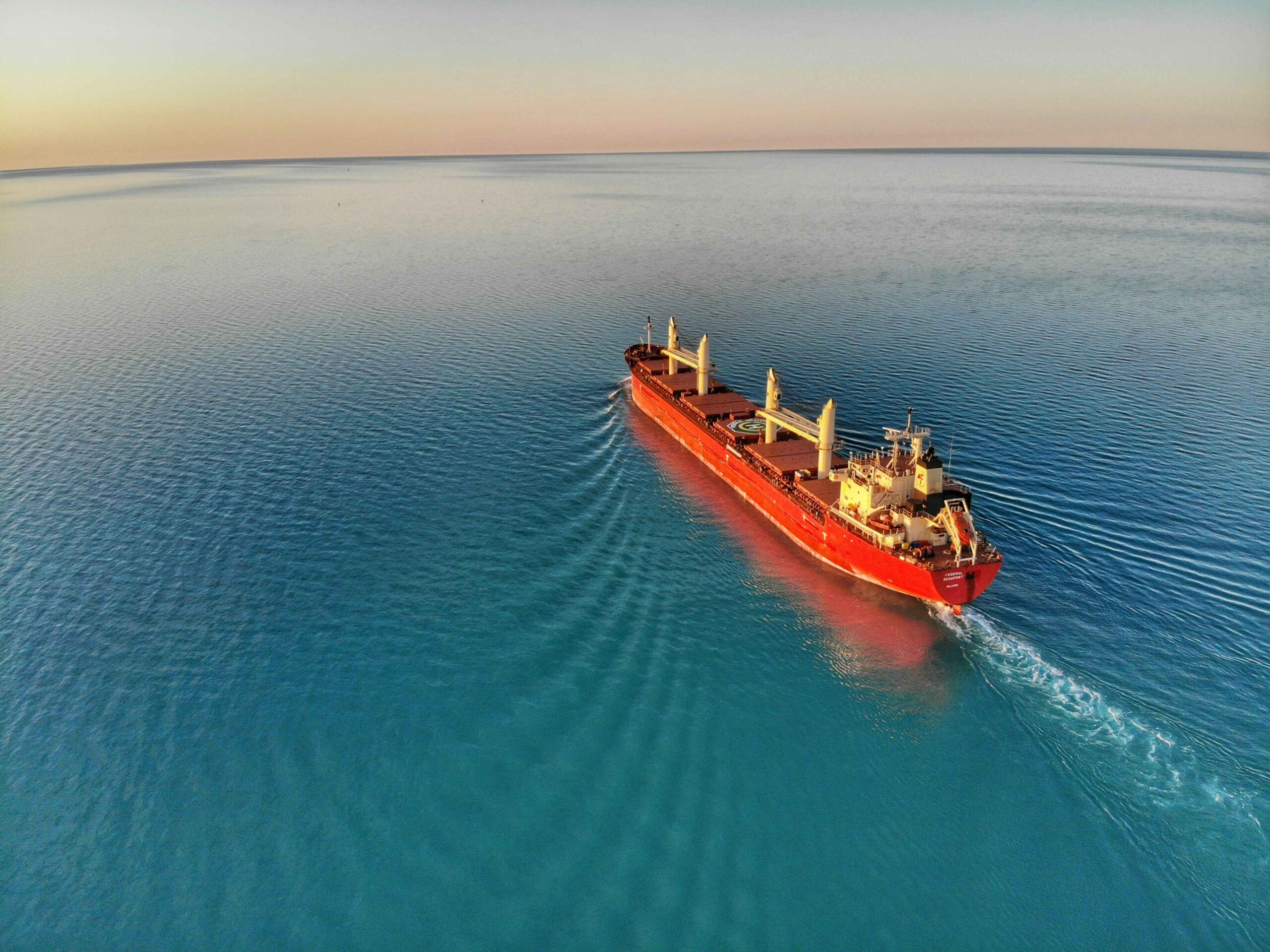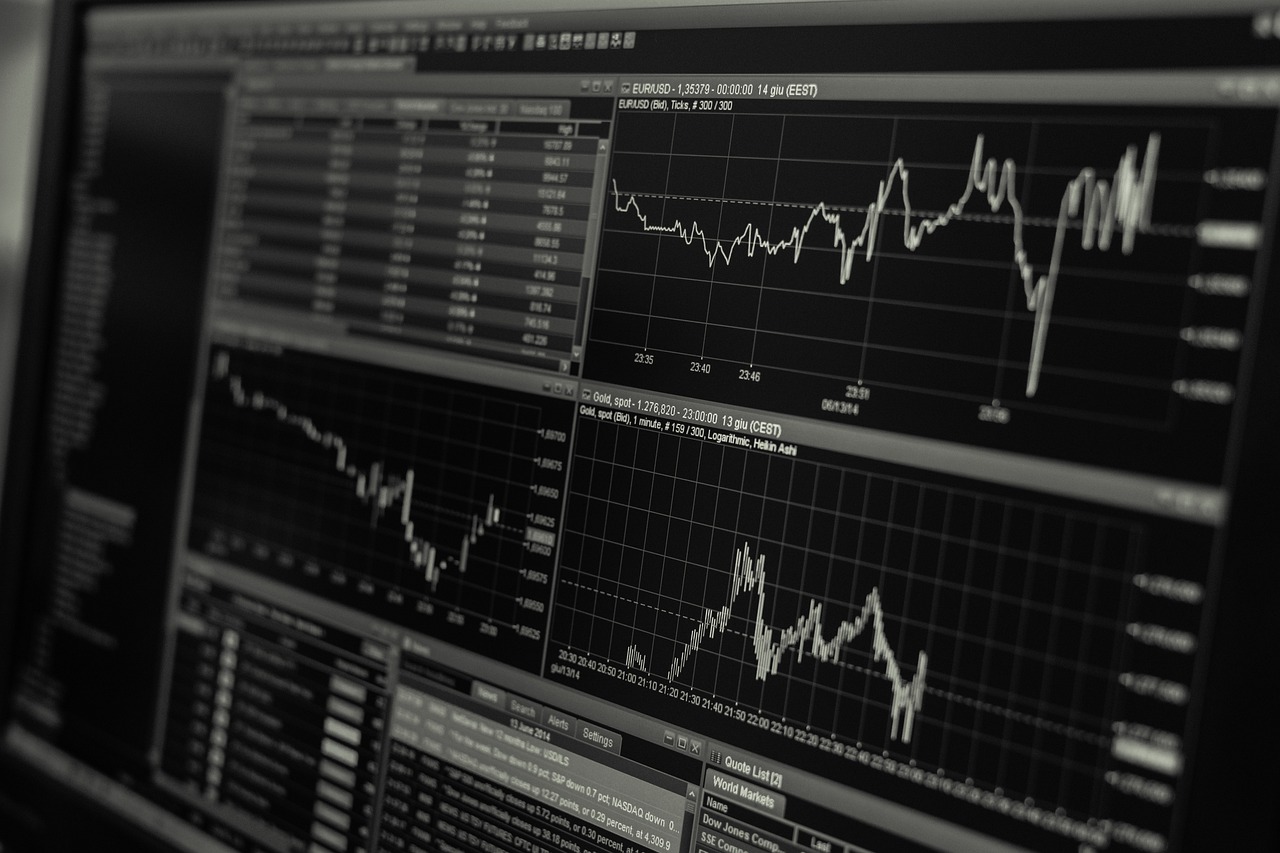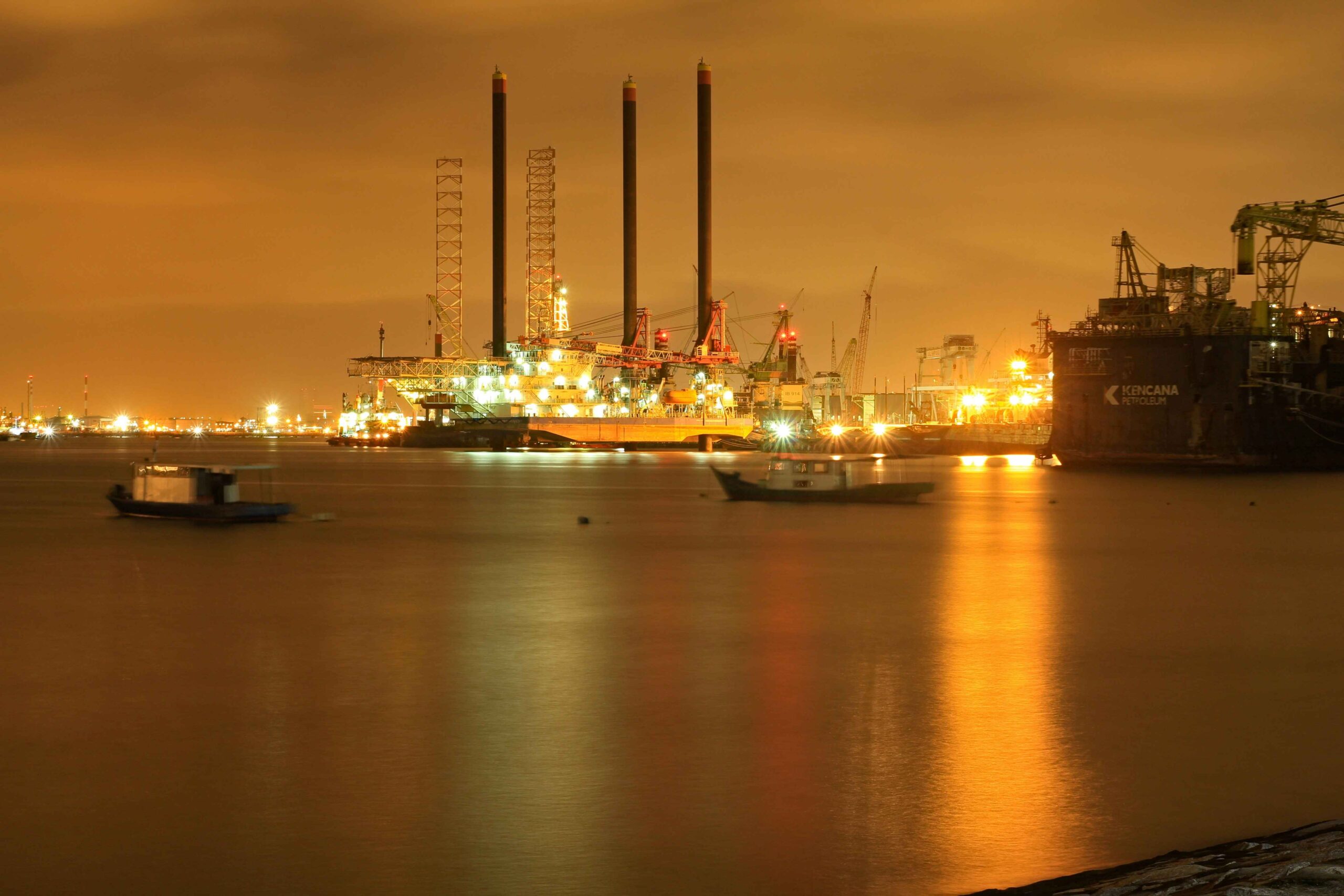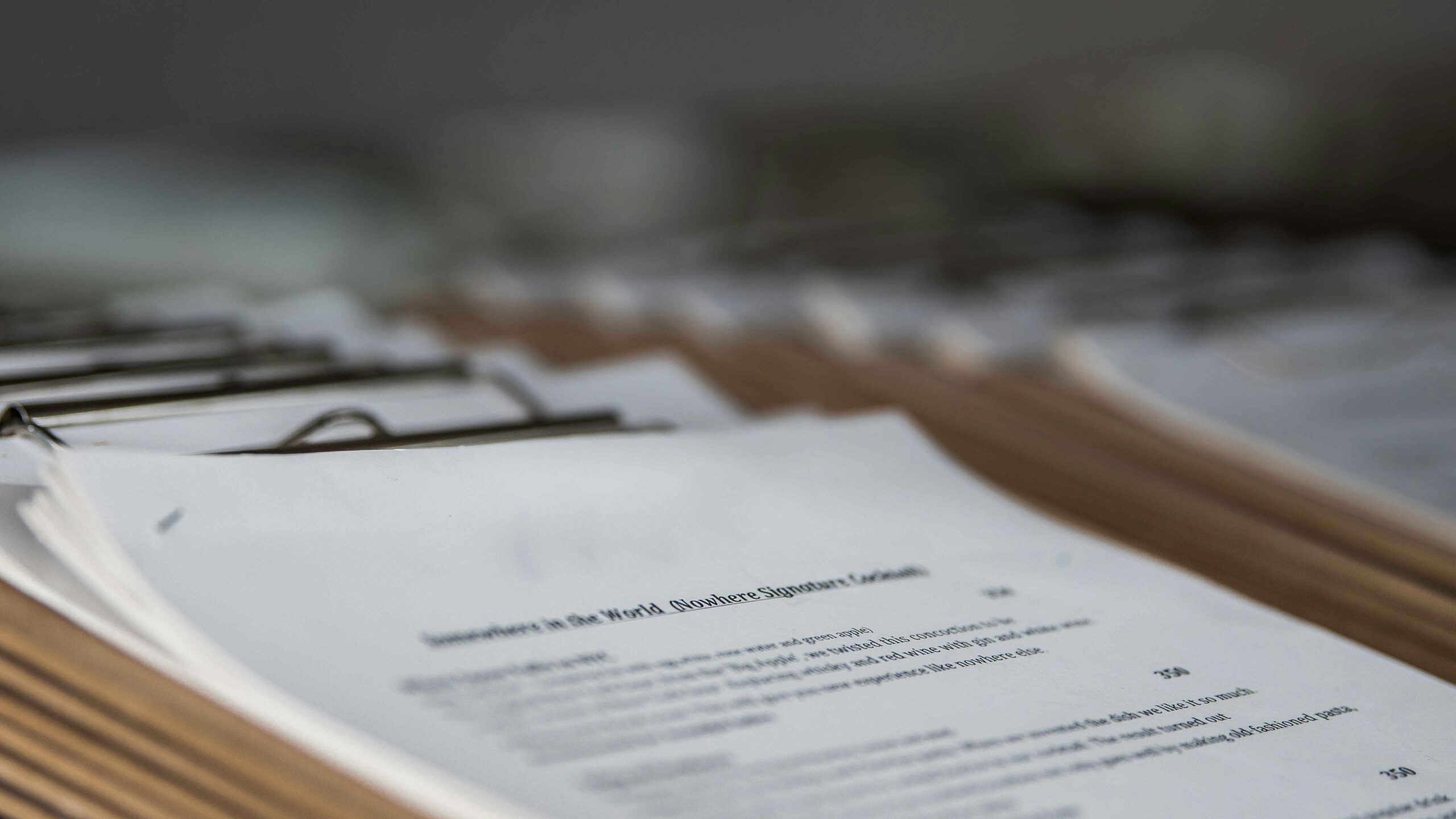Navigating the Roadmap: IMO 2050 and its Implications for Bunkering
Introduction: The International Maritime Organization’s (IMO) ambitious target, known as IMO 2050, aims to reduce greenhouse gas (GHG) emissions from international shipping by at least 50% compared to 2008 levels by the year 2050. This transformative initiative is set to reshape the maritime
Navigating Legal Waters: Understanding the Complexities of Bunkering Regulations
Introduction: Bunkering, the process of supplying fuel to ships, is a vital aspect of maritime operations. However, it is subject to a complex web of legal regulations and international conventions designed to ensure safety, environmental protection, and fair competition. Understanding the legal aspects
Bunker Fuel Contamination: Causes, Impacts, and Prevention Measures
Introduction: Bunker fuel contamination poses a significant threat to maritime operations, jeopardizing vessel performance, engine efficiency, and environmental integrity. The complexities of the bunkering supply chain, coupled with the diverse sources of contamination, underscore the need for robust preventive measures and vigilance. This
Bunker Fuel Efficiency: Optimization Strategies and Operational Best Practices
Introduction: Efficient utilization of bunker fuel has emerged as a crucial aspect of maritime operations, blending economic pragmatism with environmental stewardship. With bunker fuels serving as the backbone of global shipping, the pursuit of efficiency becomes imperative to manage costs and minimize ecological
Bunker Fuel Sustainability: Reducing Emissions and Transitioning to Cleaner Fuels
Introduction: Bunker fuel sustainability is emerging as a pivotal concern within the maritime domain, spurred by escalating environmental pressures and regulatory imperatives aimed at curtailing emissions and combating climate change. As the backbone of global maritime trade, bunker fuels wield considerable influence over
Bunker Fuel Pricing: Factors Influencing Market Trends and Price Volatility
Introduction: Bunker fuel pricing stands as a critical determinant shaping the economics of maritime transportation, exerting a profound influence on shipping companies, vessel operators, and global trade flows. The dynamics of bunker fuel pricing are multifaceted, influenced by a myriad of factors ranging
Bunker Fuel Supply Chain Dynamics: From Refinery to Vessel
Introduction: The bunker fuel supply chain constitutes a complex network of processes and stakeholders responsible for delivering the lifeblood of maritime transportation from refineries to vessels. From sourcing crude oil to bunkering operations, each stage of the supply chain entails meticulous coordination, logistics,
Bunker Fuel Quality: Testing Methods and Quality Assurance
Introduction: Bunker fuel quality is paramount in the maritime industry, impacting vessel performance, operational efficiency, and environmental compliance. To safeguard against adverse effects and ensure optimal fuel utilization, rigorous testing methods and quality assurance protocols are indispensable. This article delves into the intricacies
Bunker Fuel Standards: Understanding ISO 8217 and Regulatory Compliance
Introduction: Bunker fuel standards are the cornerstone of maritime operations, ensuring the safe and efficient propulsion of vessels while addressing environmental concerns. Among the myriad of standards, ISO 8217 stands out as a globally recognized benchmark, providing guidelines for the quality and performance
The Chemistry of Bunker Fuels: Composition, Characteristics, and Variability
Introduction: Bunker fuels, the indispensable energy source for maritime transportation, are intricate concoctions of hydrocarbons derived from crude oil. Their chemistry, marked by a diverse array of compounds and properties, dictates not only the efficiency and performance of marine engines but also their










